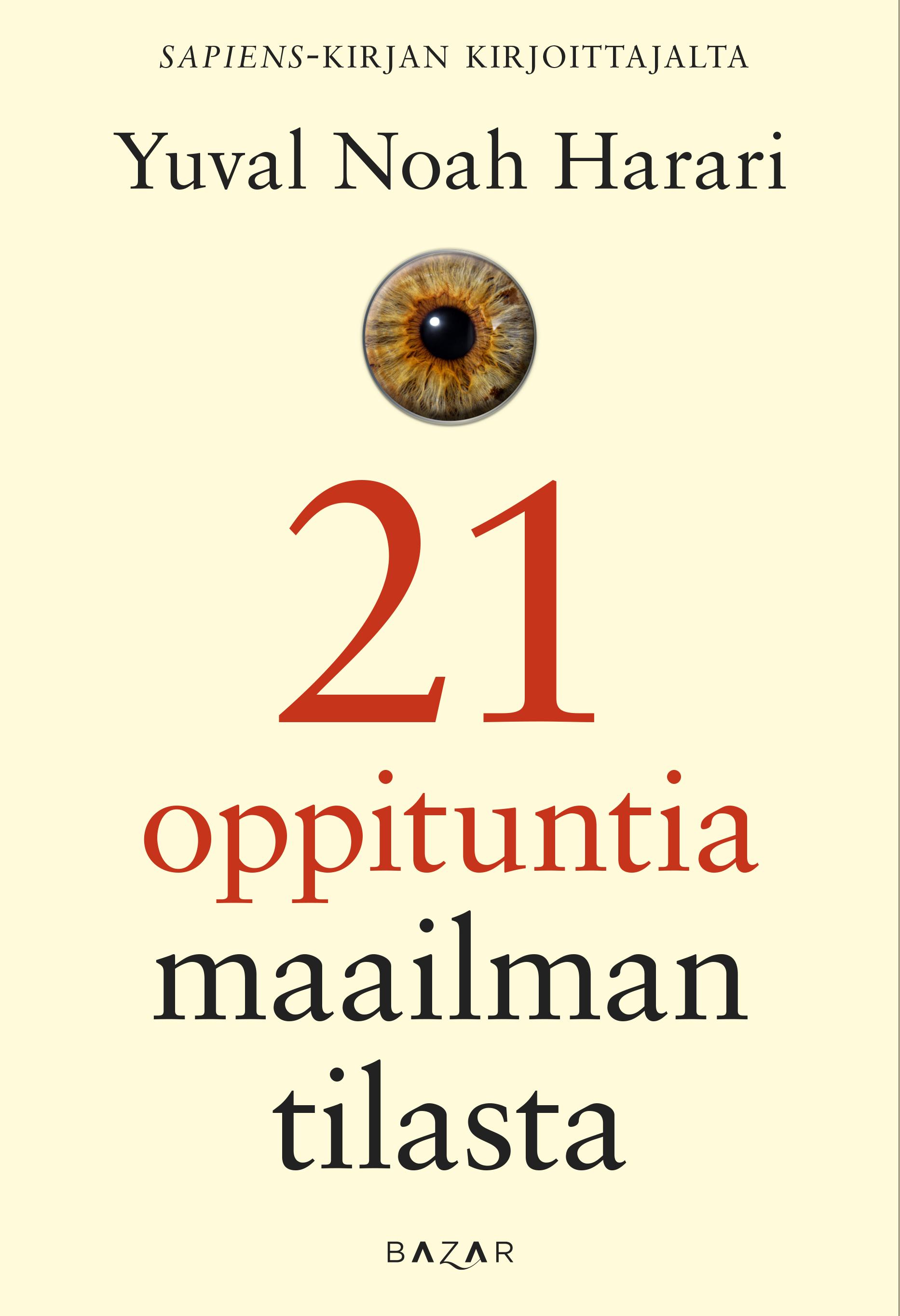

The truth is, Polish nationalists, Brexit supporters, and fundamental Muslims don’t have answers for problems such as automation, global warming, or the nuclear threat. In the contemporary world, the US dollar is valued by every nation and religion, just as is the case with medicine or science.

We gave value to money, which is a purely abstract concept.

The market is yet another story we tell ourselves. Today, almost every country follows the same, internationally homogenous structures, like having a national anthem or a flag. One thousand years ago, it wouldn’t be possible to organize the Olympic games. It’s about establishing links between groups and homogenizing practices amongst them. Human unification is the main motivation behind creating such stories. Gradually, we unified small collective identities into bigger ones. Every modern nation is a collection of many diverse tribes from the past. Christianity is whatever Christians make of it, and “being Italian” is whatever Italians make of it. We create our own interpretations of stories. There are no biological hard-wirings for nations, religions, or political identities. In Harari’s view, almost every story we believe in is a made-up concept. In modern debates on gender and society, the argument of “social constructs” has been moved forward on multiple occasions. Cover of the book 21 lesson for 21st century by Yuval Noah Harari / Photo: Shutterstock – Lingsiae Photography Here are my 4 major lessons from this exquisite book. Yuval Noah Harari’s 21 Lessons for the 21st Century (2018) has capped the author’s trilogy on past, present, and future of humankind.įollowing the enormous success of Sapiens: A Brief History of Humankind (2011) and Homo Deus: A Brief History of Tomorrow (2016), the book delves into today’s most urgent issues – automatization, fake news, nationalism.


 0 kommentar(er)
0 kommentar(er)
